THE MAN TRULY IN THE KNOW
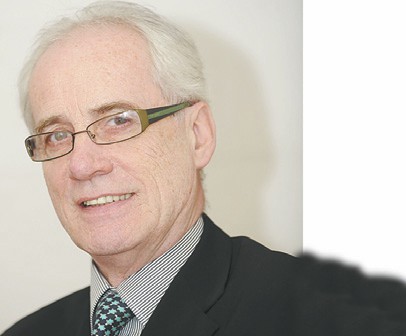
Malcolm Sinclair holds the distinction of being Wasps' first full-time professional, an appointment made as the indirect result of a drugs raid. An inspector at Paddington Green, then the Met's centre of anti-terrorist operations, the fearless Scot set off on what would have been just another day had he not crashed shoulder-first into a traffic bollard in pursuit of the criminals.
The severity of the damage finished one career and started another in a sport then on the cusp of ending shamateurism. After almost 30 years working his way through the ranks of the Metropolitan Police, the officer from the Inner Hebrides suddenly found himself on the outer edge of a sport about to go where it had never gone before.
Sinclair bucked the trend, getting into rugby because of injury as opposed to having to get out of it for the same reason. “I broke my shoulder,'' he says. “After three big operations, the Chief Medical Officer said: ‘We can't let you go back on front-line duty. Better find yourself another job'. So I looked around and saw that Wasps were advertising for a first-team manager. I was very lucky and got the job. Nobody was to know that it would be the last season of the amateur era.
“What did it entail? More or less everything, except coaching. Rob Smith was the head coach and we had a fitness coach, Pat Fox, who were both amateur because that's the way it was. Dean Ryan was the captain and we also had a part-time physio.''
Sinclair's new beat, Repton Avenue, could be found in a small corner of Sudbury, within the sound of Wembley Stadium. Home to ‘Wasps Football Club' since 1923, it hardly fitted into the identikit of rugby's brave new professional world, not that anyone had the foggiest what it would be like.
On a busy day, they could shoehorn about 3,500 into the place to watch a team that would rapidly require a bigger stage. Sinclair's first memory as Wasps' manager-cum-Jock-of-all-trades could only have happened in amateur times, a matter of life and death against London Scottish.
“Do you remember the Rob Wainwright incident?” he asks, naming the visitors' captain, an Army doctor who the following year would become Scotland's first professional skipper. “He was standing near the front of the line-out and the hooker was about to throw the ball in when Rob ran towards the stand.
“He jumped over the fence because he saw a man in the crowd having a heart attack. Everyone thought Rob had gone mad because nobody had a clue that he was tackling something far more important. He saved the bloke's life.”
Sinclair's 20 years at Wasps spanned a momentous period of conquest at home and abroad, a time when they won the vast majority of their six Premiership titles and a hat-trick of winning finals in both European competitions.
Like everyone else at the club, he worked his way through a number of crises in the wake of professionalism. Wasps survived the recurring financial trauma as well as moving home three times, to Loftus Road in Shepherd's Bush, then from West
London to the West Midlands via Adams Park at the end of an industrial estate in High Wycombe.
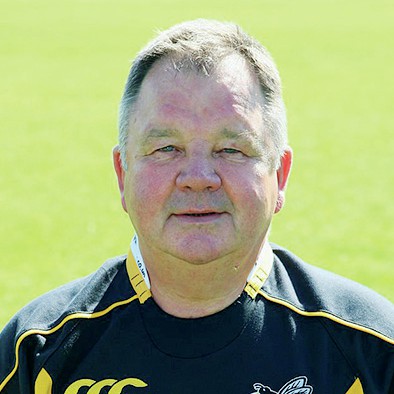
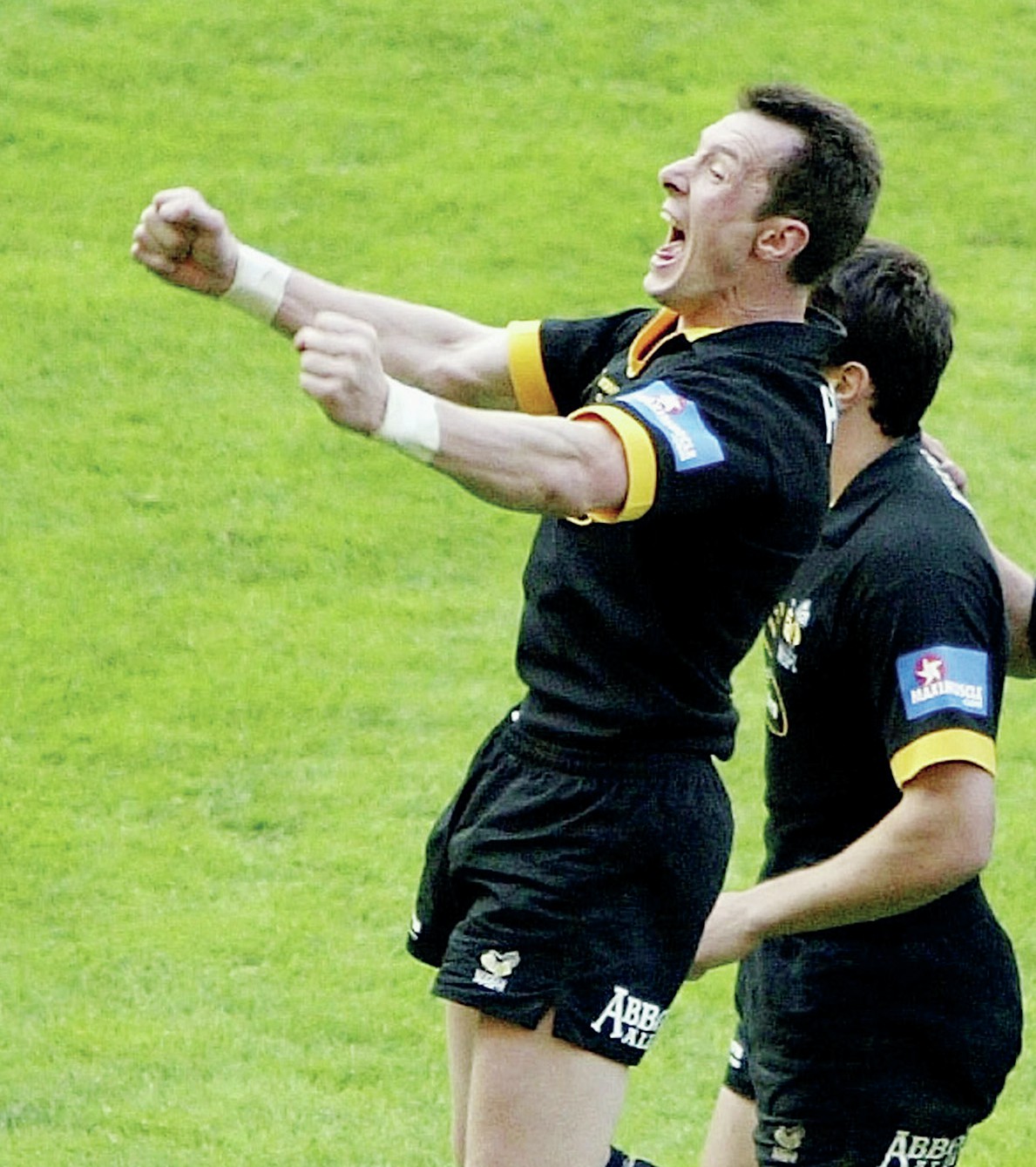
Wherever they went, Sinclair went too, including Coventry but only on a temporary basis. “I went for the first six months,” says Sinclair. “They wanted me to move there which would have meant upping sticks. At my age, I didn't see the point.”
At half-time during his last match as a Wasp, they paid tribute to his devotion to the club and made a presentation. “The players clubbed together and bought me a round of golf for two at Celtic Manor,” says Sinclair, then a 7-handicapper. “So I got to play the Ryder Cup course.
“After 21 years, I was made redundant. Like my previous life in the police, I never look back, only forward. The day after I told them I wasn't going to Coventry, I was offered a job in the referees' department of the RFU.”
At 75, he is still there which, sadly, is more than can be said of Wasps in the Premiership. Had Sinclair chosen to relocate and continue his role which had been redefined as kit manager, he would have been saddled with 46 jerseys, 46 shorts, 46 pairs of socks (‘I always took a spare set in case of emergency') and nobody to wear them.
Sinclair learnt of his old club's demise far from the distant sight of Wasps dropping like flies, at his native Broadfoot on the Isle of Skye. Like those praying for the terminally ill, hoping for the best but fearing the worst, it did not come as a shock.
“I got the news flash on my phone. It's very sad but it had been coming for a while. The amateur club is very strong and so at least the Wasps name will live on.
“The first game we played at Coventry, against London Irish, we had 23,000 people but it's dropped off since then what with lockdown and all the other problems. The support they had from London seems to have dried up.
“I hope they survive and come back otherwise there is a danger they will just disappear. I hope the good times will return and I count myself fortunate to have been around when Wasps were a club respected and admired across Europe.
“There were great times, like beating Toulouse in the Heineken Cup final (2004) at Twickenham. Rob Howley's try which clinched it stands out in my memories. He was a great player amongst other great players, like Lawrence (Dallaglio).
“One of the very best was also the most under-rated, Fraser Waters. The way he organised the backs was a big factor in our success and I never felt Fraser got the recognition he deserved. ‘Gats' (Warren Gatland) was a great organiser who got the best out of every player. I keep in touch with Shaun (Edwards), the first coach to come across from League and succeed in a big way. He gave us an edge and a hardness to come through adversity.”
When that adversity is measured in debts estimated at between £65m and £100m, the game is well and truly up. Wasps supporters have every right to demand how, and why, a famous old club wound up in such a crippling state.

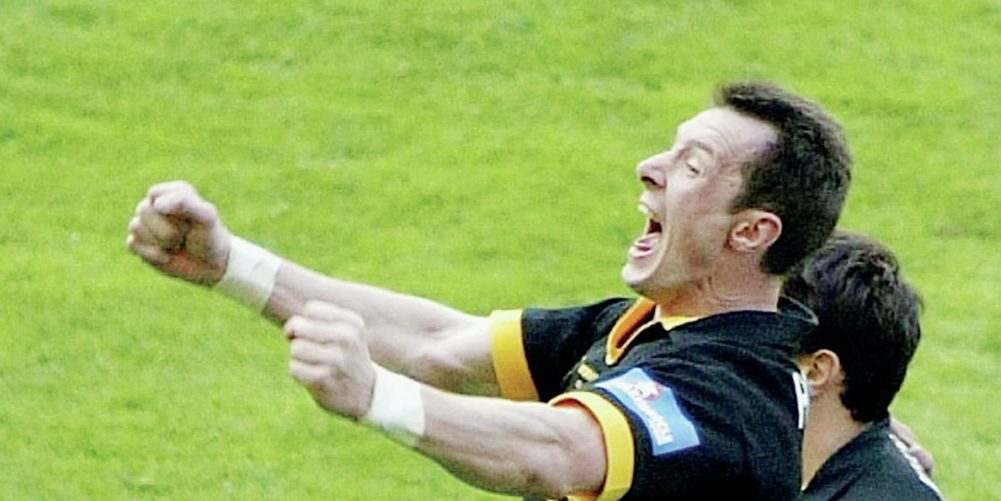
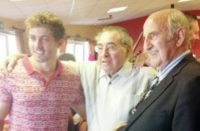
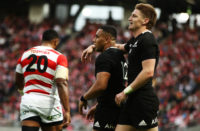
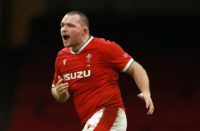























Pingback: ราคาบอลวันนี้